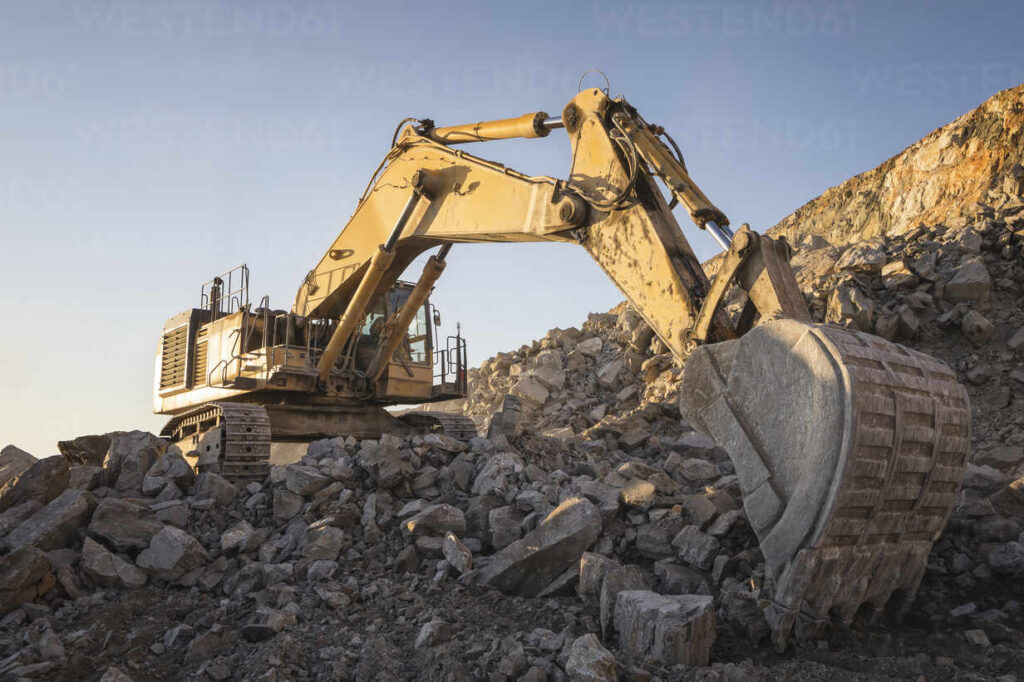
Amid the pursuit of battery minerals across the Democratic Republic of Congo (DRC) and other African nations, the mining industry is being urged to apply past lessons to ensure sustainability and positive local impact.
Vis Reddy, Chairman of SRK Consulting South Africa, has highlighted the progress made in international best practices, particularly in community engagement.
In response to these challenges and opportunities, SRK Consulting (SRK) will have representatives from its DRC, South Africa, and China branches attending the upcoming DRC Battery Metal Forum in Kinshasa, where these crucial topics will be discussed.
“As the world transitions towards a low-carbon future and the demand for minerals and battery materials rises, there is a unique opportunity to redefine mining practices for sustainability, especially in regions historically untouched by mining,” emphasized Reddy.
He noted that over the last few decades, the mining industry has learned valuable lessons about the impact on communities and stakeholders, resulting in a continuous elevation of Environmental, Social, and Governance (ESG) standards.
While mining initially generates jobs and infrastructure improvements benefiting local communities, there are numerous other avenues to enhance and distribute the local benefits of mining.
“In the past, local communities were often overlooked in mine planning and operation,” Reddy stated. “This is changing, and there are now strategies, frameworks, and expertise available to create win-win solutions with communities and drive economic development.”
Addressing the challenge of artisanal mining, Philippe Katuta, a stakeholder engagement specialist at SRK Congo’s Lubumbashi office, emphasized the prevalence of artisanal mining in critical minerals and the need for constructive engagement by mining companies.
He emphasized the importance of involving artisanal miners and local communities near mining operations, especially as demand for battery minerals has grown.
Katuta also highlighted SRK’s pioneering work in engaging mining stakeholders in the DRC and other countries to ensure mutual benefits, with a focus on health and safety issues affecting artisanal miners.
Alexander Thin, principal consultant in project evaluation and mining at SRK’s Chinese practice, noted the increasing complexity associated with battery mineral mining in the DRC, particularly in terms of environmental challenges.
The processing of battery minerals, such as lithium, involves multiple steps that impact the environmental footprint of mining operations.
Thin stressed the value of integrated teams, comprising experts from SRK’s China and South Africa offices, working with their colleagues in the DRC to address various aspects of mining projects, including environmental and social considerations.
Wouter Jordaan, a principal environmental specialist at SRK, highlighted the growing emphasis on human rights in mine planning and development, particularly relevant in the context of battery mineral mining in areas with limited mining history.
Mining operations in these regions could disrupt long-standing livelihoods based on subsistence agriculture and fishing.
According to Jordaan, responsible planning for the inevitable impacts of mining, including infrastructure improvements and urban development, is crucial for setting the standard for future mining endeavors in such territories.
This proactive approach is essential for mitigating potential social and environmental challenges associated with mining expansion.
In summary, as Africa’s battery mineral rush gains momentum, the mining industry is urged to draw from past experiences and adopt sustainable practices that prioritize community engagement, ESG standards, and responsible planning to ensure positive local impacts and environmental sustainability.





